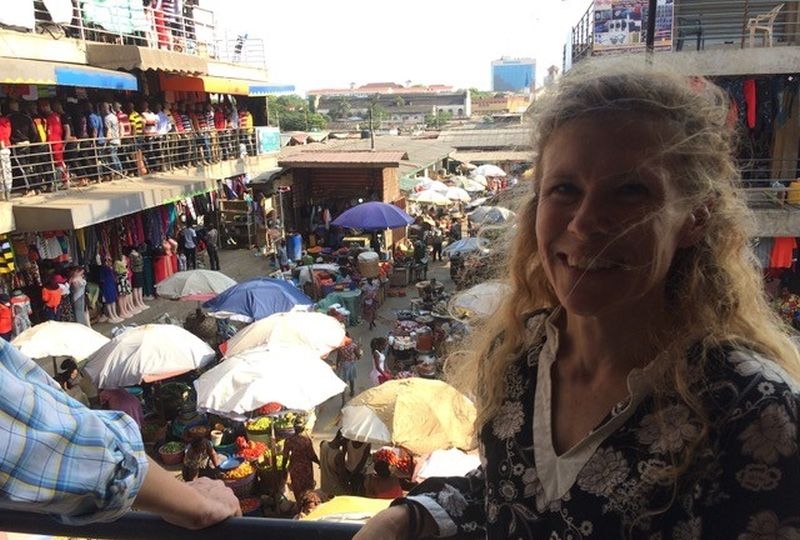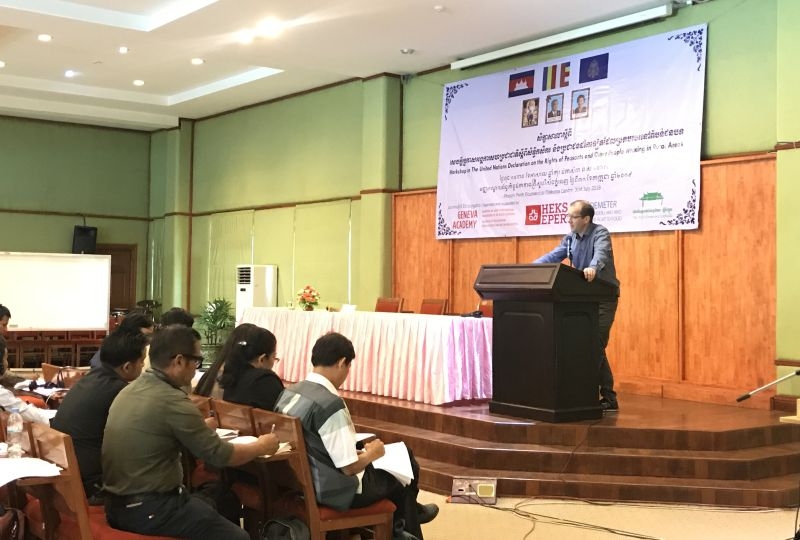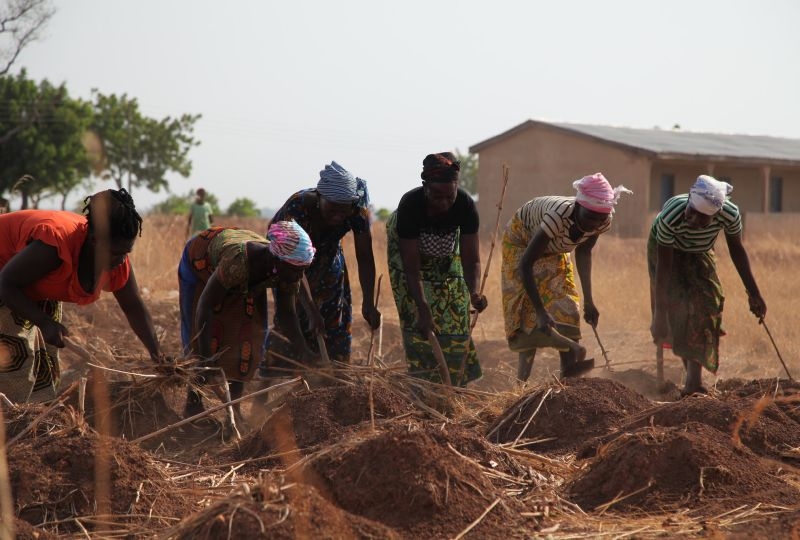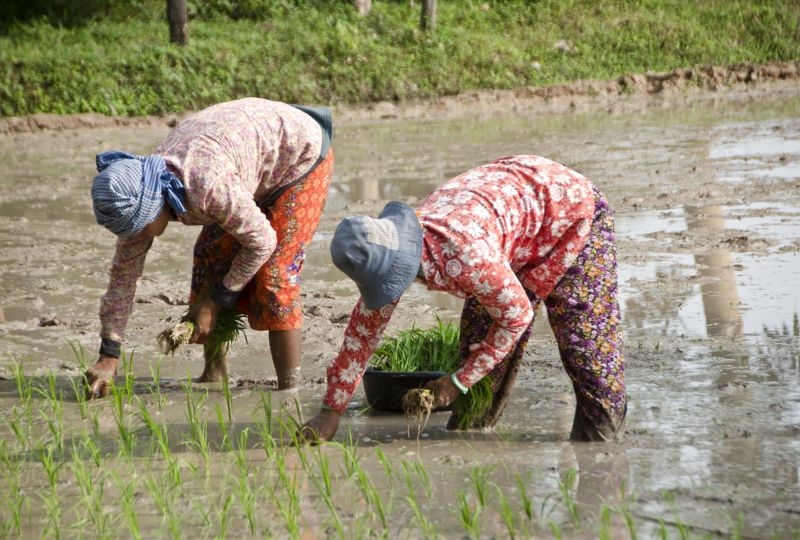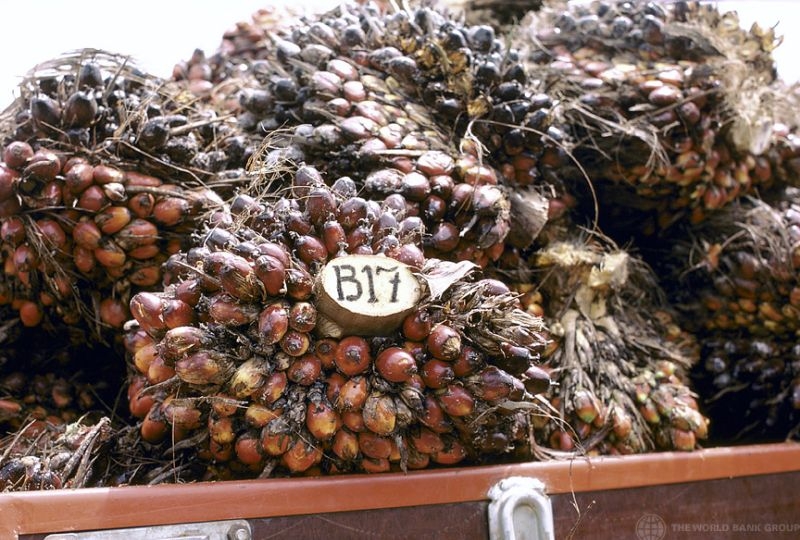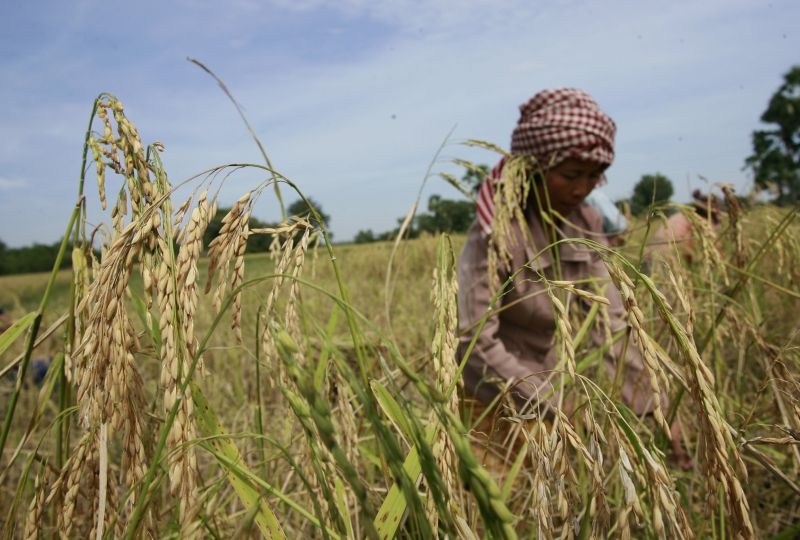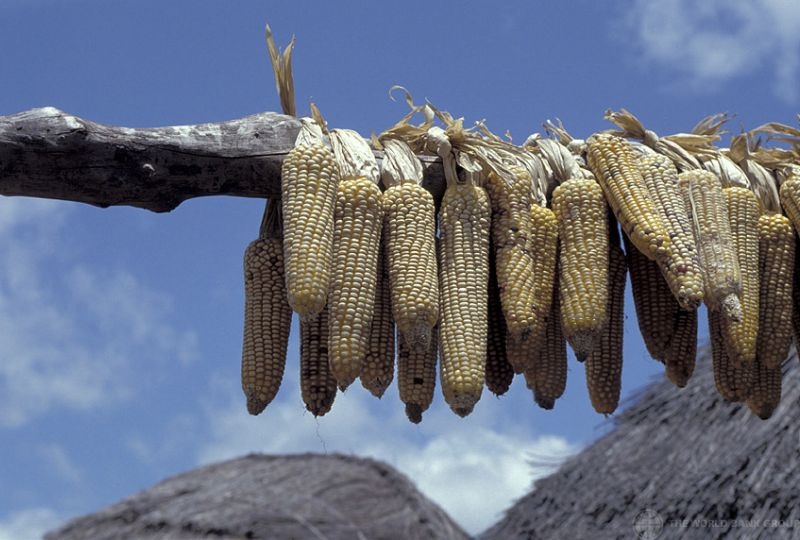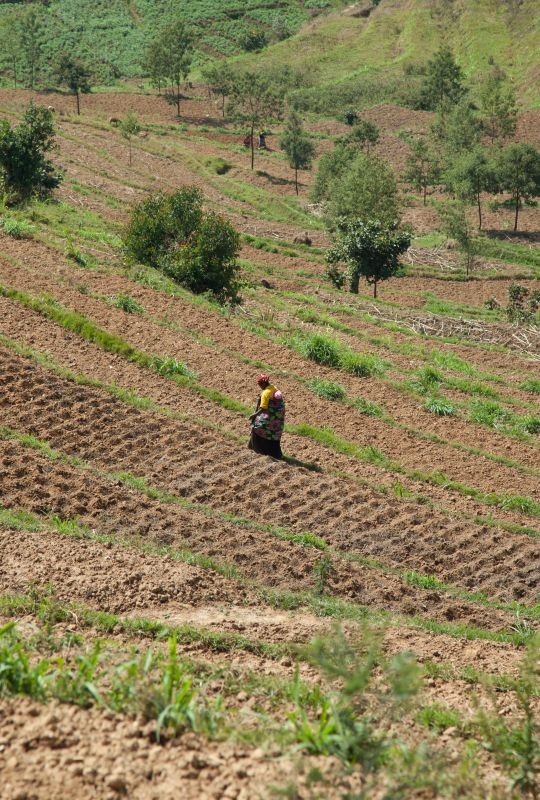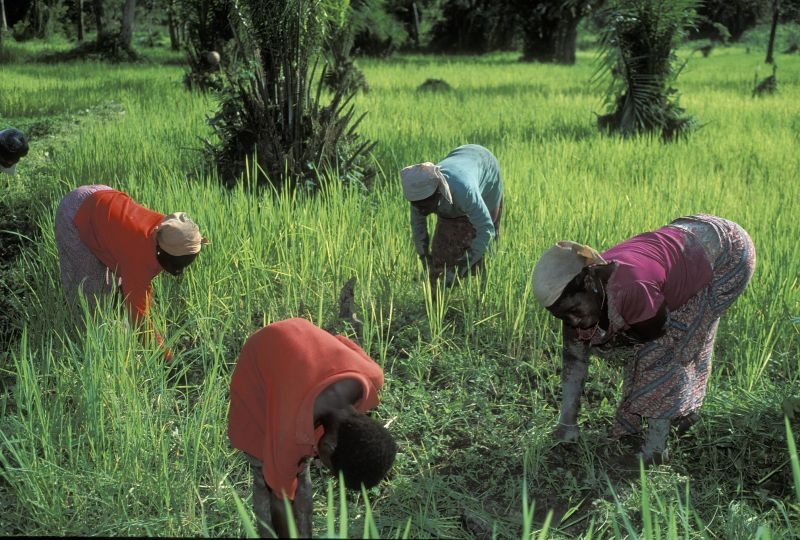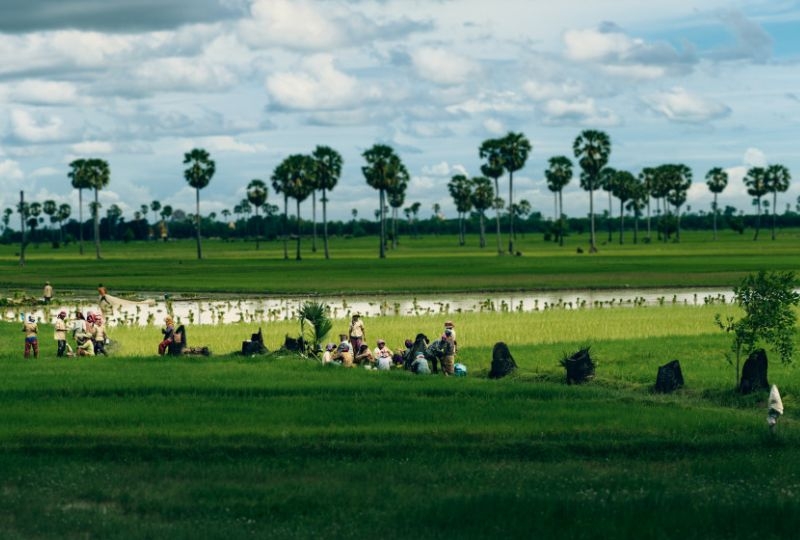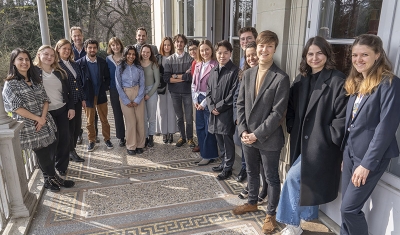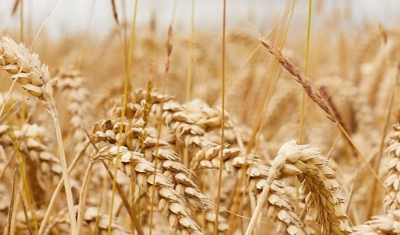Firstly, a focus on cash crops may produce shortages in food crops for small farmers. It also severely restricts access to wild foods and forest products through logging, the privatization of the commons and the use of agro-chemicals.
Secondly, commercialization sharpens and creates new inequalities based on gender, class and ethnicity, reinforcing gen¬der divisions of labour and expanding women’s unpaid labour while offering them limited income-earning opportunities. This creates new inequalities and dependencies, making access to food less secure for some.
Thirdly, commercialization’s potential to increase the variety of foods people have access to is moderated by its tendency to undermine existing, accessible food supplies.
‘Governments and non-governmental actors including businesses and international organizations have legal obligations to respect, protect and fulfil gender equality in connection with the right to food. These human rights guarantees are insufficiently acknowledged in contemporary agricultural policies, which promote commercialization and increased food production while neglecting the dimensions of food accessibility and adequacy’ stresses Dr Bourke Martignoni.


